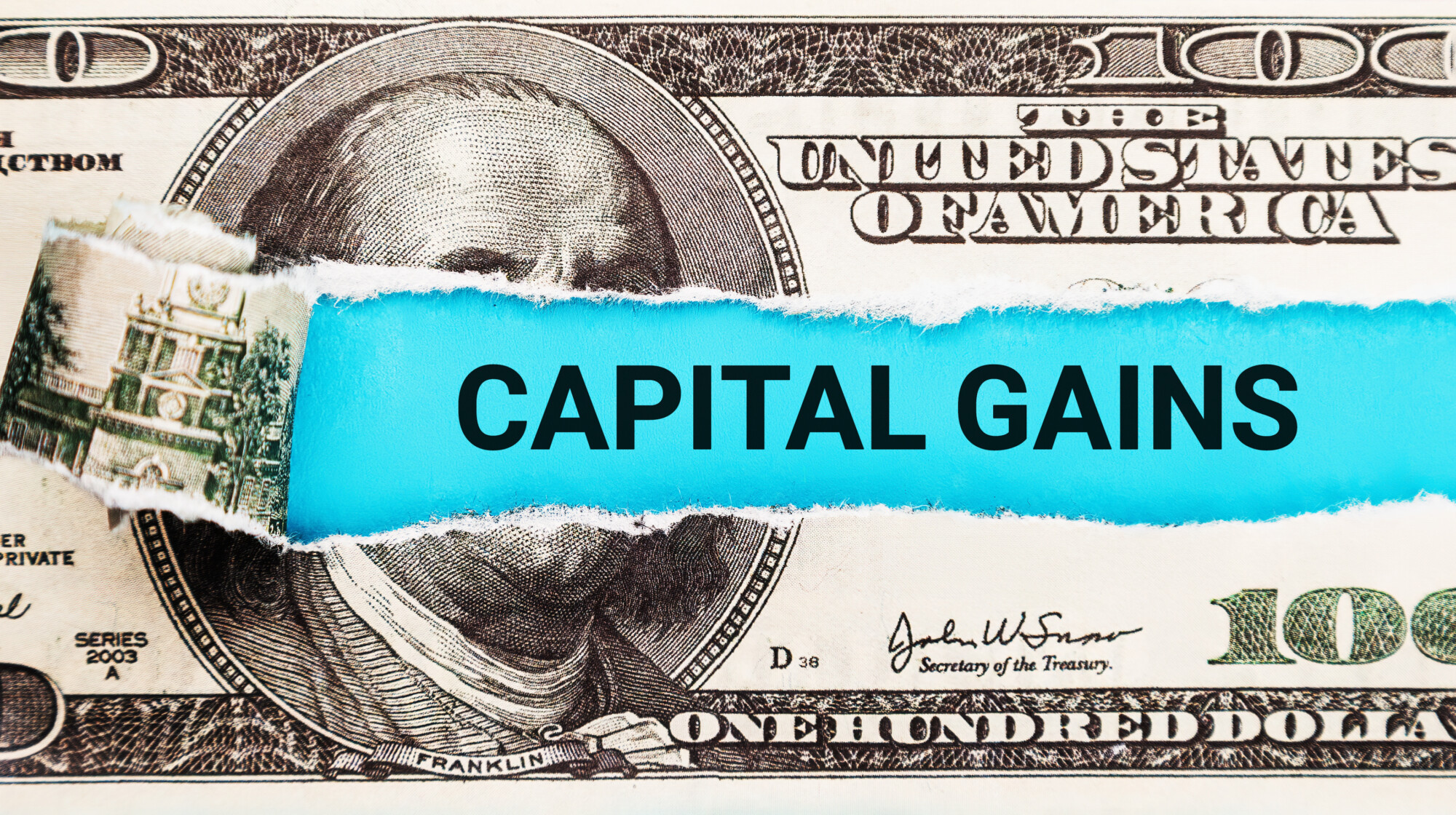Table of Contents Show
- Doubling the Tax Burden: The Impact on Real Estate Investors
- Reassessing Investment Strategies: The Calculus for Real Estate Investors
- Navigating Uncertainty: Challenges and Opportunities in the Real Estate Market
- Broader Economic Effects: The Ripple Effects of Tax Policy
- A Balancing Act: Policy Objectives and Economic Realities
- Final Thoughts
President Biden has unveiled a proposal to significantly increase capital gains tax rates, potentially reshaping the landscape of investment and real estate markets. If approved, the plan would mark the highest capital gains tax rates since the 1920s, prompting widespread speculation about its implications for investors, particularly in the real estate sector.
Doubling the Tax Burden: The Impact on Real Estate InvestorsDoubling the Tax Burden: The Impact on Real Estate Investors
Under the proposed plan, the long-term capital gains tax rate would skyrocket from its current 20% to a staggering 44.6%, effectively doubling the tax burden on investment gains for high-income earners who report $1 million or more in annual earnings. Additionally, President Biden has set his sights on unrealized capital gains, proposing a 25% tax on such gains for wealthy individuals. This move could have far-reaching consequences for the richest Americans and their investment strategies.
Reassessing Investment Strategies: The Calculus for Real Estate InvestorsReassessing Investment Strategies: The Calculus for Real Estate Investors
The real estate market, long considered a haven for investors seeking to capitalize on property appreciation and favorable tax treatment, stands at the forefront of this proposed tax overhaul. Historically, real estate has offered investors a unique combination of capital appreciation, rental income, and tax advantages, making it an attractive asset class for wealth preservation and growth. However, with higher capital gains taxes looming on the horizon, the calculus for real estate investors may be poised for a dramatic shift.
Navigating Uncertainty: Challenges and Opportunities in the Real Estate MarketNavigating Uncertainty: Challenges and Opportunities in the Real Estate Market
One of the critical implications of the proposed tax plan is its potential impact on investment behavior. Higher capital gains tax rates could disincentivize investors from realizing gains on their real estate holdings, leading to a slowdown in property transactions and reduced liquidity in the market. Moreover, the prospect of a tax on unrealized capital gains could further complicate investment decisions, forcing investors to reconsider their long-term holding strategies and asset allocation.
In the short term, we might see a rush of selling activity from investors eager to lock in gains before the proposed tax increases take effect if passed. This surge in supply could temporarily depress real estate prices, presenting buying opportunities for investors with liquidity on hand. However, the long-term implications of higher capital gains taxes remain uncertain as investors grapple with the potential trade-offs between tax efficiency and long-term wealth accumulation.
Broader Economic Effects: The Ripple Effects of Tax PolicyBroader Economic Effects: The Ripple Effects of Tax Policy
Furthermore, the proposed tax changes could have ripple effects across the broader economy. Real estate development and investment have long been engines of economic growth, driving job creation, infrastructure development, and community revitalization. However, higher capital gains taxes may dampen investor enthusiasm for real estate projects, leading to a slowdown in construction activity and potentially exacerbating housing shortages in specific markets.
Moreover, the ripple effects of reduced real estate investment could extend beyond the property market. Construction, home improvement, and property management industries could also experience a slowdown, impacting employment and economic activity in these sectors. Additionally, local governments reliant on property tax revenue may face budgetary challenges if property values decline or real estate investment stagnates.
A Balancing Act: Policy Objectives and Economic RealitiesA Balancing Act: Policy Objectives and Economic Realities
The Biden administration has framed these tax proposals as part of a broader effort to address income inequality and fund social programs to support working families. The administration hopes to generate additional revenue by targeting wealthy individuals and corporations to finance ambitious initiatives such as infrastructure investment, healthcare expansion, and education reform. However, critics argue that higher capital gains taxes could stifle economic growth, discourage investment, and ultimately harm the individuals and communities they aim to help.
While the goals of reducing income inequality and funding social programs are laudable, the efficacy of higher capital gains taxes to achieve these objectives remains debatable. Some economists argue that such tax increases could lead to capital flight, with investors seeking opportunities in lower-tax jurisdictions, thereby undermining the intended benefits of the proposed tax changes. Others contend that the potential revenue generated from higher capital gains taxes could be used to fund targeted interventions to address systemic inequalities and promote inclusive economic growth.
Final ThoughtsFinal Thoughts
As the debate over President Biden’s tax plan unfolds, investors and real estate market stakeholders will closely monitor developments and assess the potential implications for their portfolios. While higher capital gains taxes may pose challenges for investors, they may also create opportunities for savvy market participants to identify undervalued assets, implement tax-efficient strategies, and navigate the evolving regulatory landscape.
In the meantime, the real estate market remains in flux, with uncertainty surrounding tax policy, economic conditions, and geopolitical factors shaping investor sentiment and market dynamics. As policymakers and investors alike grapple with the implications of President Biden’s proposed tax changes, one thing is sure: the future of real estate investing hangs in the balance.

